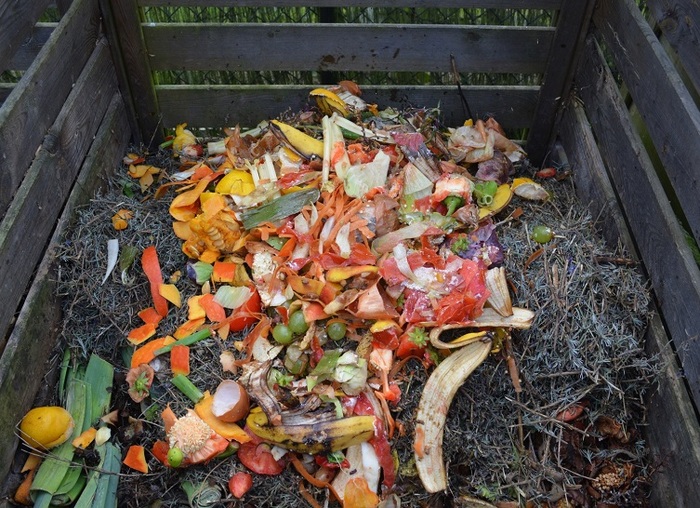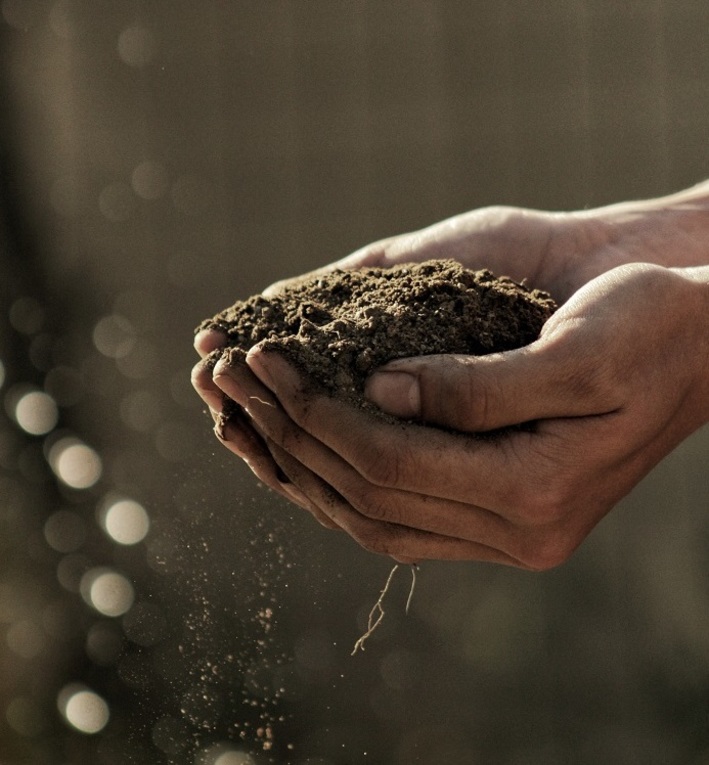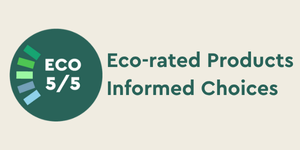Commercial composting vs home composting
Difference Between Industrial Composting vs. Home Composting
There are numerous terms used to describe how different packaging and materials break down. I don’t know about you, but as a consumer I find it all a bit confusing and possibly even a little misleading. So let's start peeling back the layers so we can get to the core of the matter.
Compostable Packaging
Below are a few common terms that lead to confusion around disposal of products and packaging.
Biodegradable

Biodegradable plastics need living organisms such as fungi and bacteria to break down. They also require specific conditions, such as heat, which is why they normally need commercial composting processes to biodegrade.
If they are not composted and are sent to landfill, biodegradable plastics do break down, but they do so anaerobically. That basically means they degrade without oxygen and release a biogas as the microorganisms break down the organic materials. Biogas is mostly methane (CH4) and carbon dioxide (CO2). Methane is a greenhouse gas with a warming capacity 21 times more powerful than carbon dioxide.
So, if a material is stated as biodegradable it should explain the environment it breaks down in, home compost or industrial compost, and provide certification to back this claim up.
What is compostable?
As most of us understand it, I think, composting is a process that breaks down organic matter through fungi, bacteria, insects, worms and other organisms creating a nutrient-dense compost that be used as a fertiliser and soil conditioner. I think it safe to assume we all probably know composting food waste is better for the environment than sending it to a landfill, as it creates no toxicity.
What’s the difference between home and industrial composting?

With commercial composting, all plant- and animal-based items can be composted. An industrial compost facility shreds material to the same size and controls the temperature and oxygen levels so a high quality, toxic-free compost is produced.
It is a multi-step, closely monitored composting process. Moisture and airflow are closely monitored to encourage bacterial activity and temperature is closely controlled to also ensure any dangerous bacteria is killed. Chippers, grinders, and mixers break down compostables, making them more manageable for the microbes to break everything down further.
What can I compost?
Simply labelling a product compostable is not good enough as it does not specify how a product can be composted; it may only be able to decompose in a commercial facility. To date there is no agreed New Zealand standard for compostable packaging and food serviceware. In the absence of a New Zealand composting standard however, there are several overseas standards that are recognised in Aotearoa. For more information visit WasteMINZ
- Home compostable: packaging labelled as Home Compostable must meet the requirements of breaking down in a home compost environment. They must use similar temperatures and time frames as it takes food to break down, around 90 days and lower than 550.
- Commercially Compostable: commercially compostable plastics made from plants will break down but require specific conditions to do so. They will not break down in a home composting system. Commercial composting facilities also have special equipment to break down meat, dairy, or fish scraps in a pre-processing phase, allowing for this material to go through the composting process.
Am I saving the world?
Read the fine print. Maybe you’re buying plastic items that are better for the environment. But are they really? It can depend on where you throw these products out.
If you read “compostable in industrial facilities,” they must be broken down using commercial composting methods. Biodegradable cutlery, compostable coffee cups, packaging and bags, etc. aren’t eco-friendly if you don’t dispose of them properly, using a commercial composting service. We offer plant-based compostable food service packaging and eco catering disposables: quality environmentally friendly products at competitive prices. Speak with our team today about buying them for your customers and staff.
Where can commercially compostable packaging be processed in New Zealand?
There are 12 industrial facilities in New Zealand and three community facilities that currently accept compostable packaging.
Compostable packaging is not accepted in council kerbside food waste collections or privately provided greenwaste collection bins. In most cases, a waste company must be used to collect and transport compostable packaging to a composting facility.
For a list of these facilities, the compostable packaging they accept, and the waste companies that can be used to deliver packaging to the facility go to https://www.wasteminz.org.nz/sector-groups/compost-nz/new-zealand-facilities-that-accept-compostable-packaging-and-food-serviceware/
This list was accurate as of May 2019.
Composting, whether at home or commercially shouldn’t be seen as a hassle. It is time to get serious about composting organic waste because the benefits are all too great to dismiss. We carry a very extensive range of sustainable, eco-friendly food service products, including drinking straws, wood and cornstarch chopsticks and cutlery, biodegradable coffee cups, takeaway food containers and cardboard food trays and recycled napkins. So, if you, like us, want to make a difference, simply call 0508 467 462 to speak to a member of our team.
Posted: Friday 27 November 2020


